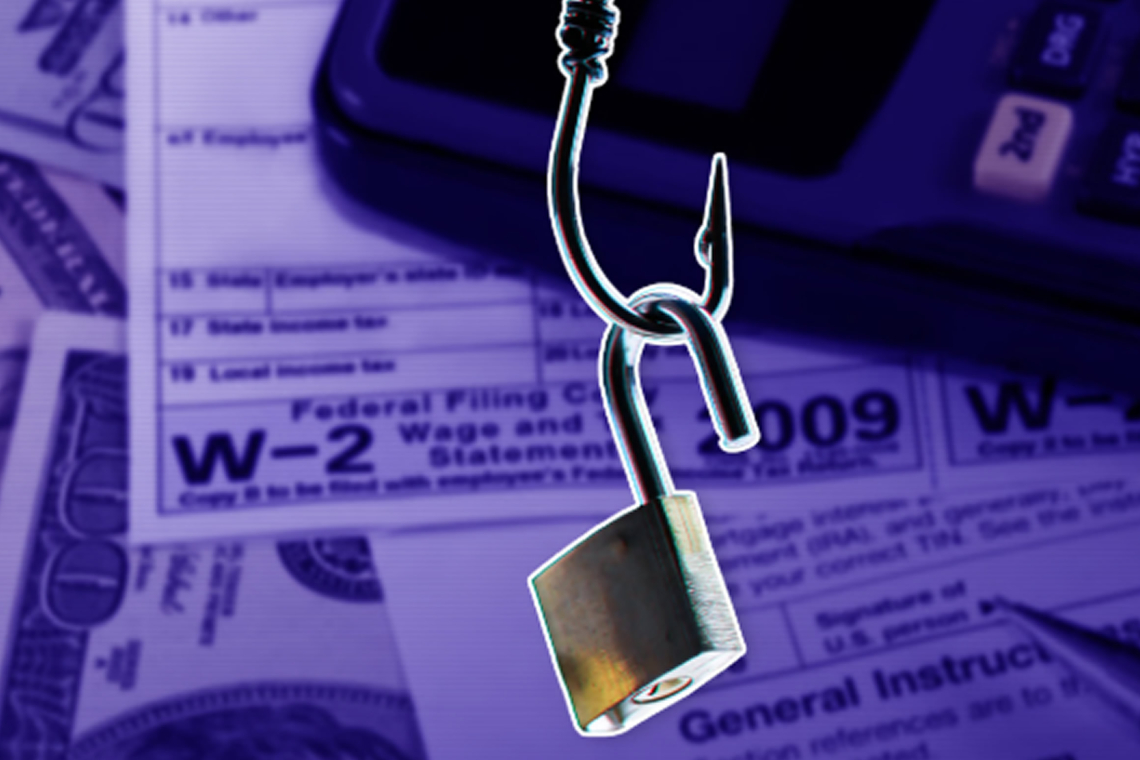As the April 15 tax deadline approaches, scammers are taking advantage of the urgency to target Americans with phishing attacks.
One common tactic involves fraudulent emails impersonating the Tax Service department, urging recipients to open an attachment labeled “Urgent Reminder.”
These emails contain a PDF file with a QR code that, when scanned, redirects users to a phishing site. According to Malwarebytes, the destination of the link is disguised using doubleclick.net redirects to appear legitimate. The fake site then prompts users to enter their Microsoft credentials, with their email address pre-filled. Once entered, the credentials are sent to a Russian-based scammer, who determines how to exploit them for financial gain.
Tax-related scams, particularly those impersonating the Internal Revenue Service (IRS), spike during tax season. Typically, scammers create a sense of urgency through fraudulent emails. However, it’s important to note that the IRS rarely contacts taxpayers via email. If it does, communication is limited to general information regarding an existing case handled by an assigned IRS representative.
One of last year’s most notorious scams was the so-called “self-employment tax credit” scheme. It deceived self-employed individuals and gig workers by falsely claiming they were eligible for large payouts linked to pandemic-era financial relief. These scams continue to evolve, making it crucial for taxpayers to remain vigilant against fraudulent tax-related communications.
Found this article interesting? Follow us on X(Twitter) and FaceBook to read more exclusive content we post.


